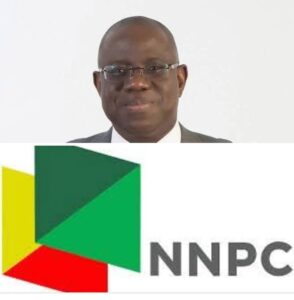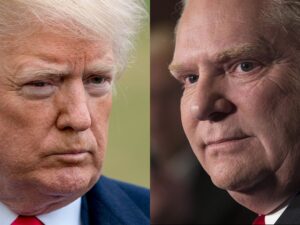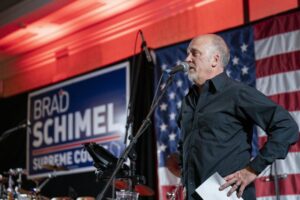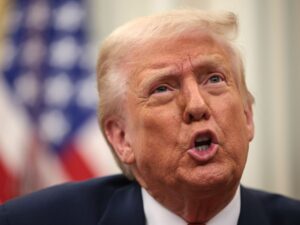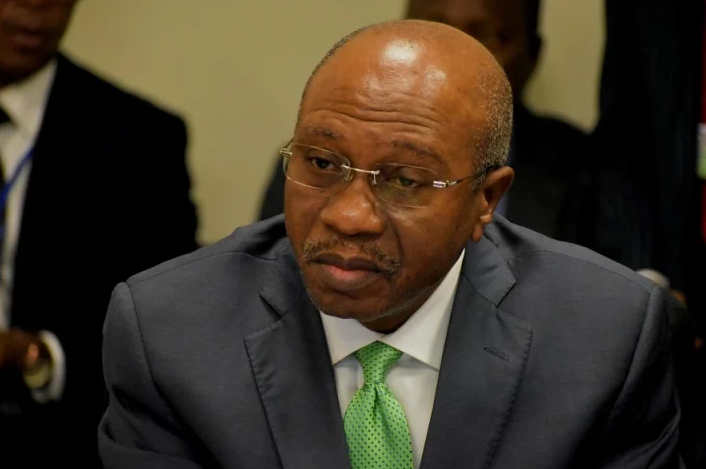
A federal capital territory (FCT) high court sitting in Maitama has issued an order restraining the Department of State Services (DSS) from arresting Godwin Emefiele, governor of the Central Bank of Nigeria (CBN).
The restraining order issued by M.A. Hassan, the presiding judge, on Thursday, was also extended to the inspector-general of police (IGP), attorney-general of the federation (AGF), the Economic and Financial Crimes Commission (EFCC), and the CBN, who are listed as respondents.
Previously, TheCable had reported how a federal high court in Abuja declined an application by the DSS to arrest Emefiele over terrorism charges.
The development comes amid speculations that the bid to arrest Emefiele might be political, given the impact the redesign of the naira and limit on cash withdrawals might have on vote buying in the 2023 elections.
FCT/HC/CV/GAR/41/2022, filed by the Incorporated Trustees of Forum for Accountability and Good Leadership, the court had, on December 19, granted an ex parte application restraining the defendants from arresting and detaining the CBN governor.
In a counter affidavit filed in response to the suit, the EFCC had stated that it had no case against Emefiele as he is not under investigation by the commission.
The anti-graft commission, which was joined as the fifth respondent in the suit, submitted that there is a process for the removal of the CBN governor, thus the “continued harassment” and interference by the fourth respondent (DSS) is “embarrassing” in the light of statutory provisions
Consequently, the anti-graft agency asked the court to discharge it from the matter on the ground that it is not a necessary party.
Delivering the judgment on Thursday, the FCT high court judge held that the DSS did not substantiate or provide any material fact of terrorism.
The judge held that “the continuous harassment, threat, intimidation, restriction of free movement and abuse of the rights of Godwin Emeffele, governor of Central Bank of Nigeria, over trumped-up allegations of terrorism financing and fraudulent practices, etc., by the 4th Respondent and their officers are vindictive, unwarranted, abrasive, oppressive and same constitute a flagrant breach of his rights to personal liberty, dignity of human person, right to policy making powers freedom of thought, conscience and religion and movement as respectively provided and enshrined under the Constitution of the Federal Republic of Nigeria, 1999 (as Amended) and the African Charter on Human and Peoples’ Rights (Ratification and Enforcement) Act and, therefore, unconstitutional and illegal”.
The judge also held “that the 4th respondent acted wrongfully and illegally in instigating the president of the federal republic of Nigeria against Mr. Godwin Emefiele in respect of the exercise of his statutory duty relating to the issuance of monetary policies and directives in the interest of National security and economy”.
Consequently, the court restrained the DSS from further arresting, intimidating, inviting, harassing, instigating, interrogating, or detaining the CBN governor.
The court also held that all other respondents, except the DSS, are nominal parties as no case was really made against them.
Hassan also said the applicant had shown sufficient locus standi to initiate the suit in line with fundamental human rights rules.
The court also held that it would not award damages as the suit was not taken out by Emefiele himself.



